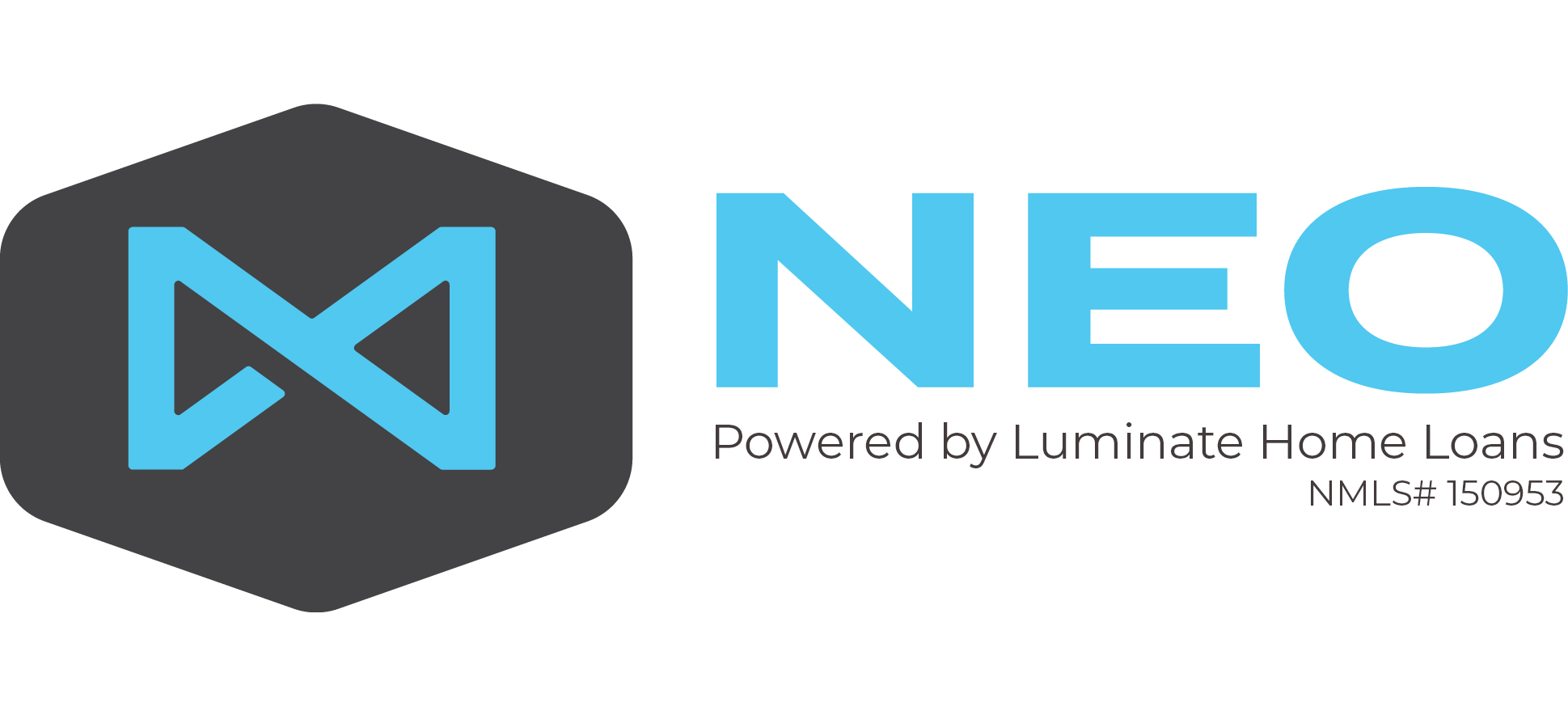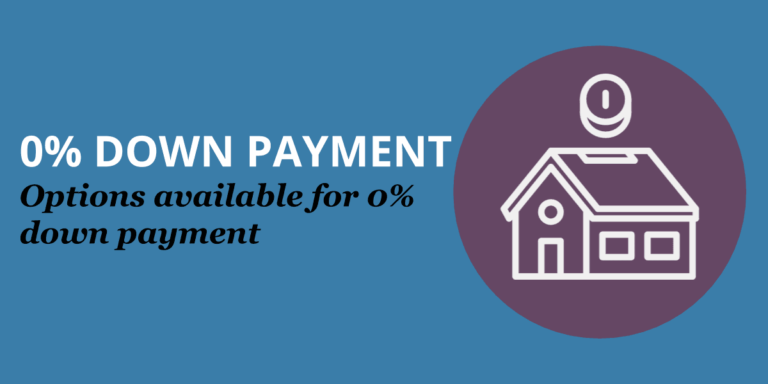
Yes.
Ok, maybe I should give you a little more information. A simple “yes” isn’t too helpful.
Depending on the loan program you are using there are certain rules and requirements that must be met. I will cover those rules but before I do I want to explain what a “gift” is.
Gift Money
Gifts are exactly that…gifts!
Gifts are given without any expectation of repayment. Otherwise they would be considered loans.
If you have someone who is willing to gift you money the first thing you need to know is whether or not they expect to be repaid. Although I will share the different rules based on the mortgage loan program you are using they all require a gift letter signed by the donor which specifically states the gift does not need to be repaid.
Who Can Gift Money?
When you think of a gift I am guessing you are thinking about someone close to you like mom, dad, grandma, grandpa or maybe a brother or sister.
But, mortgages allow for more than just relatives to be gift donors including, but not limitted to:
- Spouse
- Child
- Dependent
- Relative by blood, marriage or adoption
- Legal Guardian
- Fiancée
- Domestic Partner
- Close Friend
- Employer
- Labor Union
- Charitable Organization
- Government Agency
Each mortgage loan program may have specific rules surrounding theses sources or may not allow a particular source so it is important to review the information below.
Use our FREE Home Purchase Qualifier to find the best loan program for you
What is the Maximum Gift Amount?
Mortgage rules and tax rules are completely different things. Be aware that I am referring merely to mortgage rules and additional tax implications may exist when gifting money.
From the mortgage side of things there is no limit to the amount someone can gift you for down payment. There are, however, restrictions on what the gift money can be used for such as down payment, closing costs or reserves (funds available after closing) which we will talk about below based on each mortgage loan program.
Different Types of Gifts
Depending upon your need and the generosity of your gift donor there may be different points that the gift will be made.
Earnest Money
Sometimes gifts are used to cover the earnest money required after the real estate contract is executed between buyer and seller.
General Assets
Most of the time gifts are used as assets documented during the underwriting process as a form of funds available to cover down payment or closing costs.
Cash at Closing
I’ve also seen many situations where the gift donor prefers to transfer money directly to the title company to meet the cash at closing requirements. This would avoid the funds from transferring into your account and instead just applied towards the transaction on the day of closing directly to the title company.
Gift of Equity
When you purchase a home from an eligible gift donor (they are the seller) they can gift you the equity in the home. This is a very neat feature when you are buying a home from a relative so you can avoid a large out-of-pocket expense for down payment.
We won’t cover this in detail today but expect to see a future post covering this topic.
Gift Requirements Based on Loan Program
For each loan program we will cover eligible donors, what the gift can be used for, documentation requirements and any additional requirements you should be aware of.
We will cover the following loan types: (click to take you directly to that section)
- Conventional
- Freddie Mac
- Fannie Mae
- FHA
- VA
- USDA
It can be confusing which is why we offer a FREE Home Purchase Qualifier to help you.
Conventional Gift Requirements
Conventional mortgages are offered primarily through Freddie Mac and Fannie Mae. However, there are special Conventional mortgages called non-conforming when the loan limit in the area you are purchasing is exceeded. Due to the many variances between non-conforming loan programs I will not be covering those but instead just conforming Freddie Mac and Fannie Mae.
 Freddie Mac
Freddie Mac
Eligible Donors
- Spouse
- Child
- Dependent
- Relative by blood, marriage or adoption
- Guardian
- Fiancée
- Domestic Partner
Gifts May be Used for
- Down Payment
- Closing Costs
- Reserves (funds available after closing)
Documentation Requirements
Freddie Mac requires a signed gift letter which includes:
- Donors name
- Donors relationship to borrower
- Donor’s mailing address
- Donor’s phone number
- Amount of gift
- Confirmation the gift does not have to be repaid
In addition to the gift letter Freddie Mac also requires documentation to show the funds have been received (bank statement).
Additional Restrictions
Gift funds for Freddie Mac can only be used when financing a primary residence or second (vacation) home. Gifts may not be used when financing an investment property.
When using gift funds for a second home the loan-to-value must be 80% or less with at least 5% of the down payment coming directly from the borrower (can not be gifted).
 Fannie Mae
Fannie Mae
Eligible Donors
- Spouse
- Child
- Dependent
- Relative by blood, marriage or adoption
- Guardian
- Fiancée
- Domestic Partner
Gifts may not come from someone involved in the transaction, such as a real estate agent, if if they meet one of the listed eligible donors above.
Gifts May be Used for
- Down Payment
- Closing Costs
- Reserves (funds available after closing)
Documentation Requirements
Fannie Mae requires a signed gift letter which includes:
- Donors name
- Donors relationship to borrower
- Donor’s mailing address
- Donor’s phone number
- Amount of gift
- Confirmation the gift does not have to be repaid
- Date the funds were transferred
Fannie Mae has some additional requirements to document the transfer of the gift funds that are not required by Freddie Mac. Mortgage lenders must document the donor had sufficient funds to cover the amount of the gift. This can be done through:
- Copy of donor’s gift check and borrower’s deposit slip
- Copy of donor’s withdrawal slip and borrower’s deposit slip
- Copy of donor’s cashier’s check to closing agent (paid at closing)
- Settlement statement (at closing) showing receipt of donor’s cashier’s check or wire
Additional Restrictions
Just like Freddie Mac, Fannie Mae only allows gifts to be used when financing a primary residence or second (vacation) home. Gifts may not be used when financing an investment property.
If you are financing a multi-unit property (2 to 4 units) with a Fannie Mae loan product and the down payment is less than 20% you, the buyer, must contribute at least 5% of the down payment from your own funds.
 FHA
FHA
Eligible Donors
- “Family Member” (only elgible source for gift of equity)
- Employer
- Labor Union
- Close Friend (many additional requirements)
- Charitable Organization
- Government Agency
Gifts May be Used for
- Down Payment
- Closing Costs
- Reserves (if automated underwriting approved)
Documentation Requirements
FHA also requires a signed gift letter which includes:
- Donors name
- Donors relationship to borrower
- Donor’s mailing address
- Donor’s phone number
- Amount of gift
- Confirmation the gift does not have to be repaid
Find out if FHA is right for you…right NOW! [CLICK HERE FOR INFO ON FHA]
FHA, unlike Conventional financing, requires that the mortgage lender document the donor’s bank statement to document the source of funds. Any large deposits into the donor’s account must be explained and appropriately documented to come from an “eligible” source. Borrowed funds is an “eligible” source of funds being gifted however the source of that loan may not be someone related to the mortgage transaction.
FHA also requires that the mortgage company document the receipt of the gift through a copy of the check or proof of wire.
 VA
VA
Eligible Donors
- Relative
- Charitable Organization
- Government Agency
Gifts May be Used for
- Down Payment
- Closing Costs
- Reserves
Documentation Requirements
VA requires a signed gift letter which includes:
- Donors name
- Donors relationship to borrower
- Donor’s mailing address
- Donor’s phone number
- Amount of gift
- Confirmation the gift does not have to be repaid
VA, just like FHA and Conventional, requires proof the gift funds have been received through a copy of the check or transfer.
Get the lowdown on VA loans:[CLICK HERE FOR INFO ON VA]
 USDA
USDA
Eligible Donors
- Relative
- Employer
- Labor Union
- Charitable Organization
- Government Agency
Gifts May be Used for
- Down Payment
- Closing Costs
- Reserves
Gift funds may not be used as reserves with USDA.
Documentation Requirements
USDA requires a signed gift letter which includes:
- Donors name
- Donors relationship to borrower
- Donor’s mailing address
- Donor’s phone number
- Amount of gift
- Confirmation the gift does not have to be repaid
USDA, as with all other loan programs, requires that the receipt of the gift through a copy of the check or wire and evidence that the funds have been depositted.
USDA also states in their rules that “to the greatest extent possible, the donot must be able to furnish conclusive evidence that the funds given to the homebuyer came from the donor’s own funds, and were not provided directly or indirectly by the seller, real estate agent, builder, or any other person or entity with interest in the sales transaction.”
What About…
Of course, not every situation can be explained here. There are countless situations that could or may occur which is why you need to seek the advice of a licensed mortgage professional.
We would love to help you when it comes times to obtain a mortgage. If you are receiving a gift we can help you in your unique situation and help guide you through the necessary steps to document the gift and in selecting the best mortgage loan program for your needs and qualifications.
Find out which program is best for you.
Your situation is unique and your mortgage loan program should be designed specifically for you.




Schulz Reacts: Clintons Epstein Massage Pics Leaked | Flagrant 2 with Andrew Schulz and Akaash Singh https://nl.vlipa.lv/video/SU9NTlVZTnZpUU9UOUhvPVE0.html